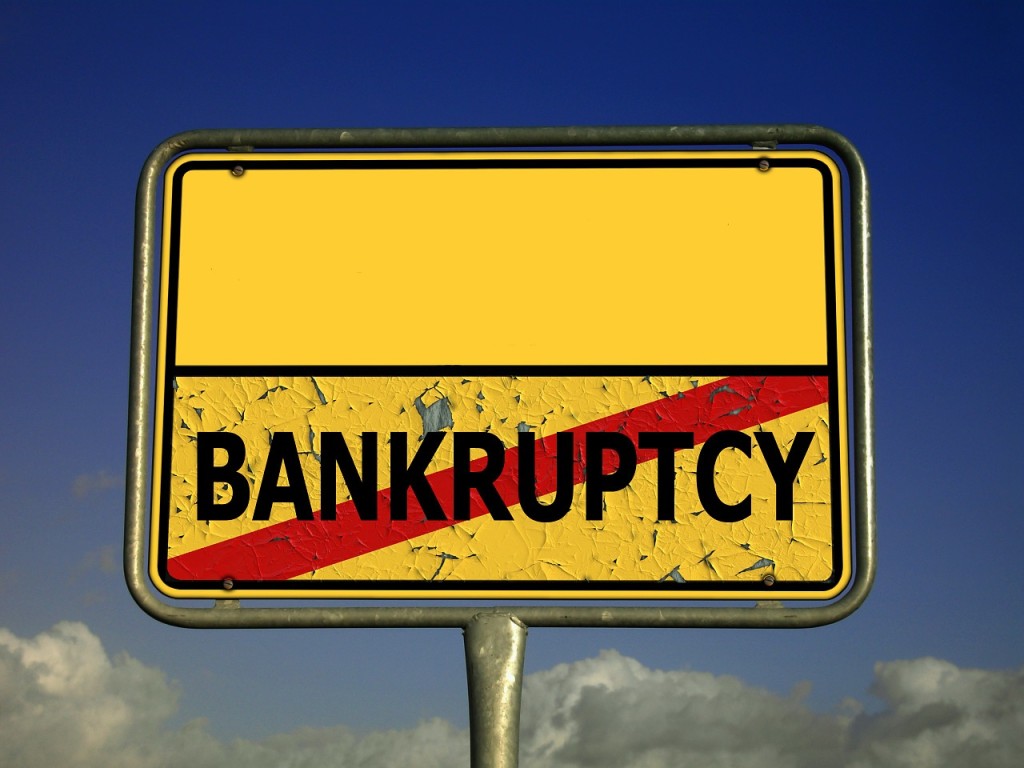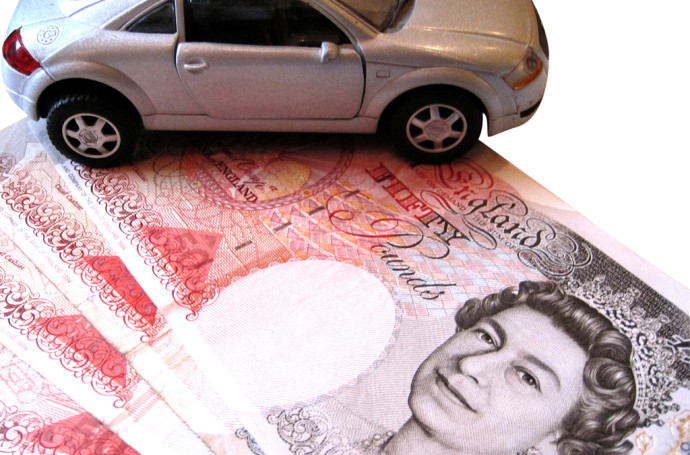
In debt up to your eyeballs? If you can’t even come up with enough money to cover your monthly minimums, you might have to file for bankruptcy through a firm like Olympia Law PC.
However, the process of defaulting on your financial obligations is no simple matter. Below, we’ll discuss what you need to know before filing for bankruptcy.
You may not even need to file for bankruptcy
Virtually all people that consider filing for bankruptcy are in a mental space of overwhelm when it comes to dealing with their debts.
They think that their income will never be sufficient enough to repay the loans they hold, so they think that waving the white flag is the only option available to them.
However, by doing things like changing your mindset and negotiating a lower interest rate from your creditors, a situation that might have seemed unmanageable at first glance can become resolvable over a period of time.
Given the destructive effects that bankruptcy can have on your credit rating, opting for a protracted repayment plan (even if it takes years) is the preferable option.
Can I file for bankruptcy?
Even if you have a desire to file for bankruptcy, there might be legal roadblocks that may prevent you from doing that.
The most basic test that you must pass to file for bankruptcy is that you must owe more than $1,000, and lack the ability to make payments on that debt when it is due (i.e. you are insolvent).
However, it gets more complicated than that, as there are certain types of debt that cannot be discharged in bankruptcy.
If you owe alimony, child support, student loans (if you are less than seven years removed from graduation), legal fines, or if your debt came about due to illegal activity, you will not be able to make these obligations go away by filing for bankruptcy.
Additionally, secured loans such as mortgages and car loans may not be able to be discharged, although you might be able to renegotiate payment terms with your creditors to better fit your financial situation.
If you hold unsecured debt through credit cards, pay day loans, etc though, you may be able to get these debts dismissed or restructured through bankruptcy proceedings.
If you do, pick a trustee dedicated to your cause
Your creditors will do everything they can to limit the damage caused by your default, so it is important that you have competent representation throughout the entire bankruptcy process.
They are responsible for drawing up the paperwork, negotiating an amenable settlement with the parties to which you owe money, and to provide you with expert advice on how you should manage your finances going forward into the future.
By choosing one who executes their duties professionally, this stressful process can proceed smoother and with better outcomes for you and your family.
You have duties during this process: fulfill them
Declaring bankruptcy isn’t as simple as hiring a trustee and calling it a day. You have important duties to carry out before the process can proceed to its conclusion.
Generally, you must provide them with proof of your monthly income each month, attend credit counseling sessions, and pay any surplus income to your trustee during the time you are in bankruptcy, among other responsibilities.
Know that you’ll have a long road back to respectability after discharge
Even after you’ve eliminated your debts, your life won’t be easy after emerging from bankruptcy. The fact that you opted to default on what you owed will act as an anchor on your credit score for as long as seven years, plunging it anywhere between 160 to 220 points from wherever it was before you declared insolvency.


